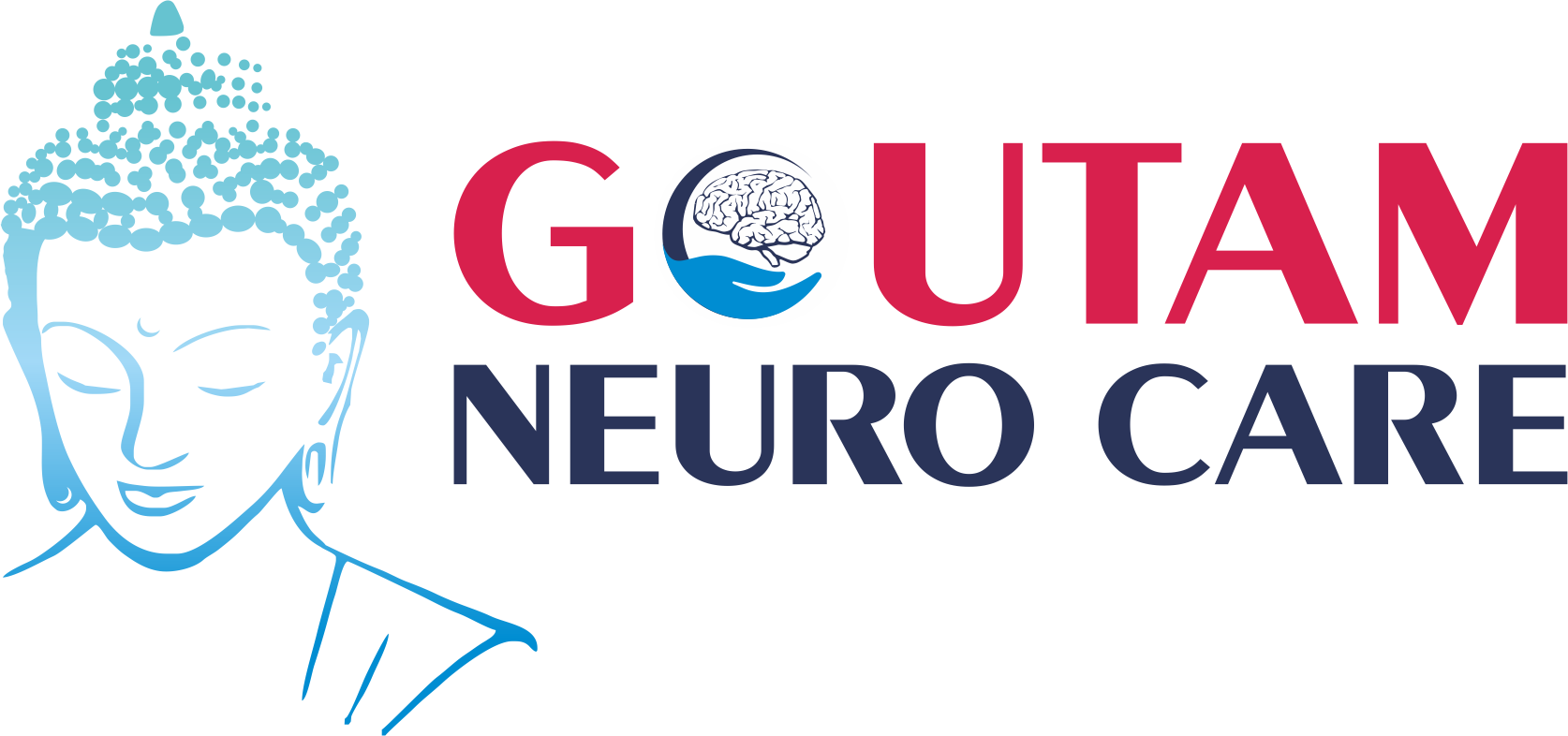What is Neuro Trauma ?
Neuro trauma is a head or spine injury resulting from a unexpected injury. It consists of concussions, traumatic brain injuries (TBI), cranium fractures, spinal column fractures, and spinal cord accidents (SCI). So get the Neuro Trauma treatment and Spine Surgery in Hyderabad.
The situations treated through the neurocritical care crew at Best Neurology Hospital in Hyderabad include, but are not restrained to brain tumors, infections of the spinal wire (consisting of meningitis, encephalitis and abscesses), neuromuscular disorders, seizures and epilepsy, spinal cord injuries, stroke and neurovascular conditions, along with hemorrhages and aneurysms, and demanding mind injuries.
Symptoms
Get the Brain Injury Treatment in KPHB Colony, Kukatpally as traumatic brain harm may have wide-ranging bodily and psychological outcomes. Some symptoms or signs and symptoms might also seem straight away after the disturbing occasion, while others may additionally seem days or perhaps weeks later.Mild traumatic brain injury
The signs and symptoms of mild traumatic brain injury may include:
Physical symptoms
- Loss of consciousness for a few seconds to a few minutes.
- No loss of consciousness, but a state of being dazed, confused or disoriented.
- Headache.
- Nausea or vomiting.
- Fatigue or drowsiness.
- Problems with speech.
- Difficulty sleeping.
- Sleeping more than usual.
- Dizziness or loss of balance.
Sensory symptoms
- Sensory problems, such as blurred vision, ringing in the ears, a bad taste in the mouth or changes in the ability to smell.
- Sensitivity to light or sound.
- Cognitive or mental symptoms.
- Memory or concentration problems.
- Mood changes or mood swings.
- Feeling depressed or anxious.
Risk factors
The people most at risk of traumatic brain injury include:
- Children, especially newborns to 4-year-olds.
- Young adults, especially those between ages 15 and 24.
- Adults age 60 and older.
- Males in any age group.
Complications
Several complications can arise straight away or soon after a annoying brain injury. Severe accidents boom the risk of a greater wide variety and more-intense headaches.

Moderate to severe worrying brain harm can result in extended or everlasting changes in someone's country of awareness, attention or responsiveness. Different states of focus include:
- Coma : A person in a coma is unconscious, unaware of anything and unable to respond to any stimulus. This results from widespread damage to all parts of the brain. After a few days to a few weeks, a person may emerge from a coma or enter a vegetative state.
- Vegetative state : Widespread damage to the brain can result in a vegetative state. Although the person is unaware of surroundings, he or she may open his or her eyes, make sounds, respond to reflexes, or move. It's possible that a vegetative state can become permanent, but often individuals progress to a minimally conscious state.
- Minimally conscious state : A minimally conscious state is a condition of severely altered consciousness but with some signs of self-awareness or awareness of one's environment. It is sometimes a transitional state from a coma or vegetative condition to greater recovery.
- Brain death : When there is no measurable activity in the brain and the brainstem, this is called brain death. In a person who has been declared brain dead, removal of breathing devices will result in cessation of breathing and eventual heart failure. Brain death is considered irreversible.
Medications
Medications is given by Best Neurologist in Hyderabad to limit secondary damage to the brain immediately after an injury that may include:
- Diuretics : These pills lessen the amount of fluid in tissues and increase urine output. Diuretics, given intravenously to humans with annoying mind injury, assist lessen stress in the mind.
- Anti-seizure drugs : People who've had a slight to intense stressful brain harm are susceptible to having seizures at some point of the first week after their injury.
- An anti-seizure drug can be given all through the first week to avoid any extra brain harm that might be as a result of a seizure. Continued anti-seizure treatments are used only if seizures occur.
- Coma-inducing drugs : Doctors from time to time use drugs to position human beings into temporary comas because a comatose brain needs much less oxygen to characteristic. This is specially helpful if blood vessels, compressed via improved strain in the mind, are not able to supply brain cells with everyday amounts of nutrients and oxygen.
Surgeries:
Emergency surgery by best neurosurgeon in hyderabad may be needed to minimize additional damage to brain tissues. Surgery may be used to address the following problems:
- Removing clotted blood (hematomas) : Bleeding outside or within the brain can result in a collection of clotted blood (hematoma) that puts pressure on the brain and damages brain tissue.
- Repairing skull fractures : Surgery may be needed to repair severe skull fractures or to remove pieces of skull in the brain.
- Bleeding in the brain : Head injuries that cause bleeding in the brain may need surgery to stop the bleeding.
- Opening a window in the skull : Surgery may be used to relieve pressure inside the skull by draining accumulated cerebral spinal fluid or creating a window in the skull that provides more room for swollen tissues.




